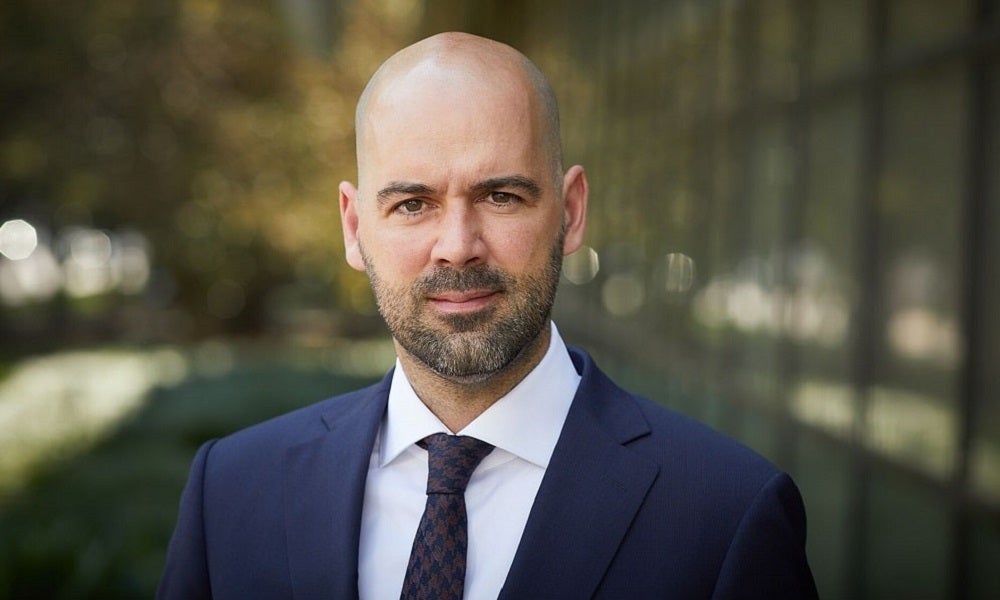Why it’s so important to make people feel like they matter
With the shift to hybrid work, people have become alienated from their work because they feel anonymous and invisible, writes UNSW Business School’s Frederik Anseel
Do you matter? A simple three-word question, but those three words can help with understanding why some people languish at work while others even struggle with burnout. With the recent marking of World Mental Health Day, I want to highlight the chronic lack of recognition that many workers suffer from. The reason many people become alienated from their work is because they can feel anonymous and invisible.
Do you matter? The feeling that you make a difference to others goes to the core of who we are. If you have the feeling that what you do every day at work is not seen and not recognised, it can be difficult to motivate yourself to get out of bed in the morning. In self-help books, you might read that you should not seek the approval of others. You have to steer your own course, those books say. But ‘mattering’ – as the concept is called in the scientific literature – is not about approval or external validation, but about a fundamental human need: the feeling that you are making a difference to someone else, that what you do is seen and appreciated.
Do you matter? Let’s have a look at what happens to people who are on the receiving end of an abundance of recognition. The Nobel Prizes were awarded last month. There are probably few occasions that so overwhelmingly convey to someone that their life was meaningful as receiving a Nobel Prize. What is the impact of such a recognition? Usually, several deserving people are nominated for a Nobel Prize, but only one can win. Statistical research of years of Nobel prize nominations shows that the ultimate winner lives on average one to two years longer than other nominees. The effect is not caused by the prize money but by the recognition. Recognition makes people live longer. Unfortunately, the reverse also applies. Those who feel their lives don’t matter have a higher risk of mental problems and depression.

The need to matter
But making a difference to someone isn’t always enough. Teachers or care professionals typically experience a strong sense of motivation from seeing the difference they make for others in their day-to-day jobs. But when they have an experience where their efforts to help others are in vain (no matter how hard they work) the setback can be harsh. The satisfaction derived from making a difference is energising – but it is not an inexhaustible source of energy. When that energy no longer outweighs the daily struggle against bureaucracy, a toxic manager or loneliness, cynicism can set in.
Cynicism is the dark side of mattering. It starts as a small voice that first silently asks: ‘But what’s the point of all this?’ That little voice gets louder and louder, until one morning people don’t get up anymore because they can only respond to that small voice with: “nothing of this makes sense anymore.” The need to matter is a particularly fragile human motivation.
In a management podcast I recently recorded, I summed it up like this: “The basis of management is simple: you need to instill in people the feeling that they matter.” I probably could have phrased it better. Yes, you do want people to feel like they matter. But it’s not a trick. It’s not just about the feeling; people need to feel like they actually matter in your organisation. Even in the simplest job, people can still feel that they are making a difference to someone and that they are valued.
Subscribe to BusinessThink for the latest research, analysis and insights from UNSW Business School
Today, the almost bumbling ignorance of many companies to make a genuine human connection with their own employees (which has been amplified by the shift to remote and hybrid work) seems to be the key problem. Is it for fear of what they would hear if they asked people honestly how they are doing? Those who are concerned about mental wellbeing and employee retention – and almost every organisation does these days – need to address this one big challenge: how do I make sure that people feel seen, that they know that they matter, that they make a difference to us?
Frederik Anseel is Professor of Management and Senior Deputy Dean (Research & Enterprise) at UNSW Business School. His research focuses on the motivational micro-foundations of how people contribute to organisational success. For more information, please contact Prof. Anseel directly. A version of this post was first published in De Tijd.
